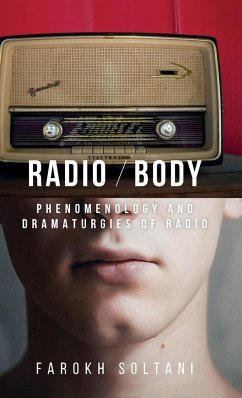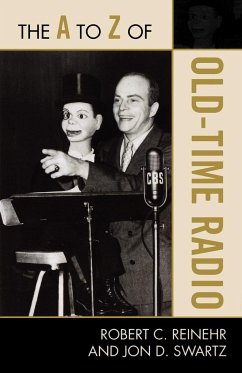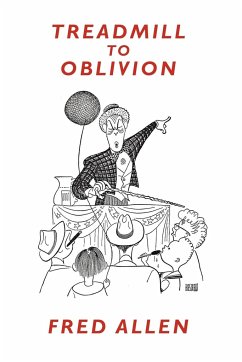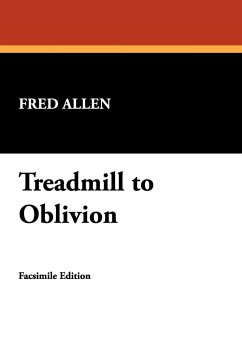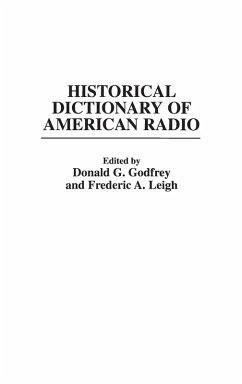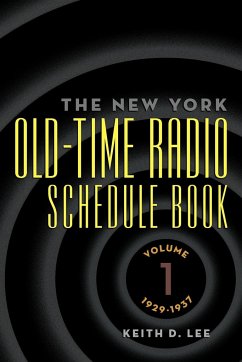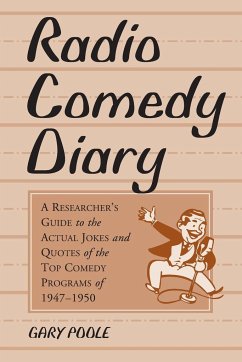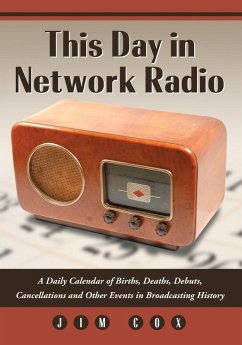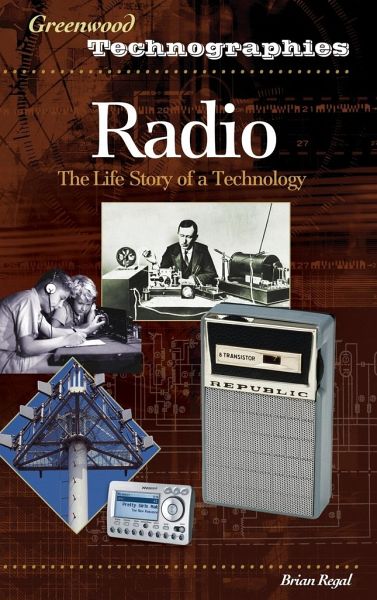
Radio
The Life Story of a Technology
Versandkostenfrei!
Versandfertig in 1-2 Wochen
54,99 €
inkl. MwSt.

PAYBACK Punkte
27 °P sammeln!
This book chronicles the history of radio as technology and as media. Radio grew from a clumsy, temperamental form of wireless telegraph to a system that is so ubiquitous and easy to use that it has disappeared to users as a technology and became part of the fabric of human existence. This biography charts the growth of the technical end of radio, starting with the history of electricity, and moving through the invention of vacuum tubes, the heterodyne, FM, transistors, and microchips. But the history of radio is not just wires and electricity-it's the story of strange characters, deep thinker...
This book chronicles the history of radio as technology and as media. Radio grew from a clumsy, temperamental form of wireless telegraph to a system that is so ubiquitous and easy to use that it has disappeared to users as a technology and became part of the fabric of human existence. This biography charts the growth of the technical end of radio, starting with the history of electricity, and moving through the invention of vacuum tubes, the heterodyne, FM, transistors, and microchips. But the history of radio is not just wires and electricity-it's the story of strange characters, deep thinkers, visionary mystics, hyperactive minds, ambitious souls, power hungry demagogues, and utopian humanists; all of whom strove to make radio into what they thought it should be. In addition, Radio: The Life Story of a Technology looks at the technology as a cultural phenomenon, including the corporate aspects and history of the business of radio. In the middle of the 20th century people saw that radio could be used as an agent of social change, both good and bad. The transition of radio from private corporate device to public news provider to entertainment box back to political tool is at the heart of this work.



